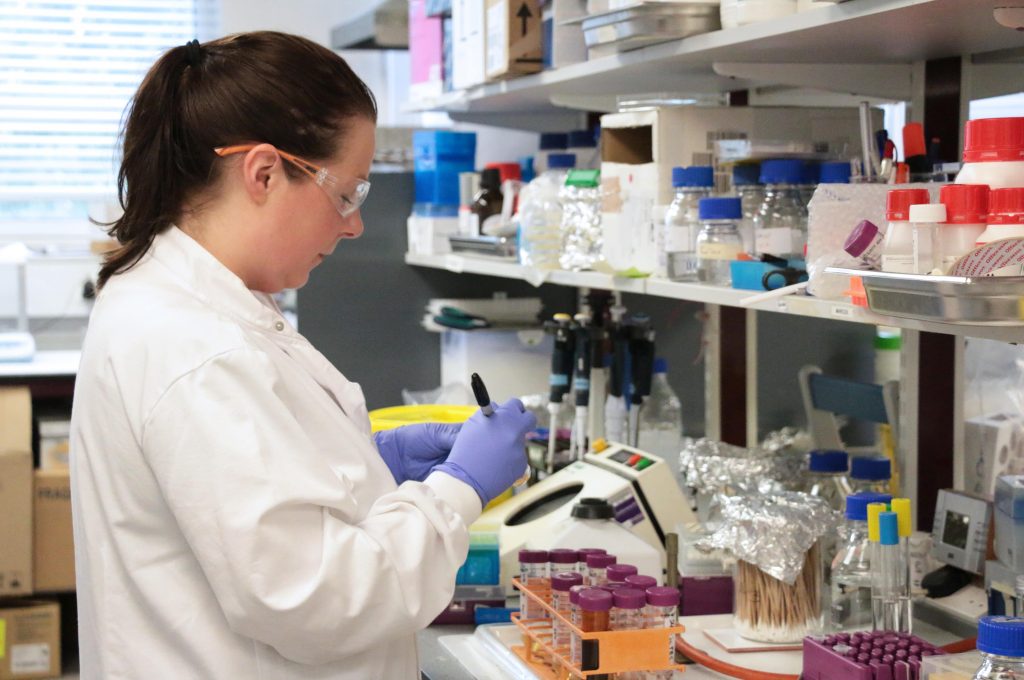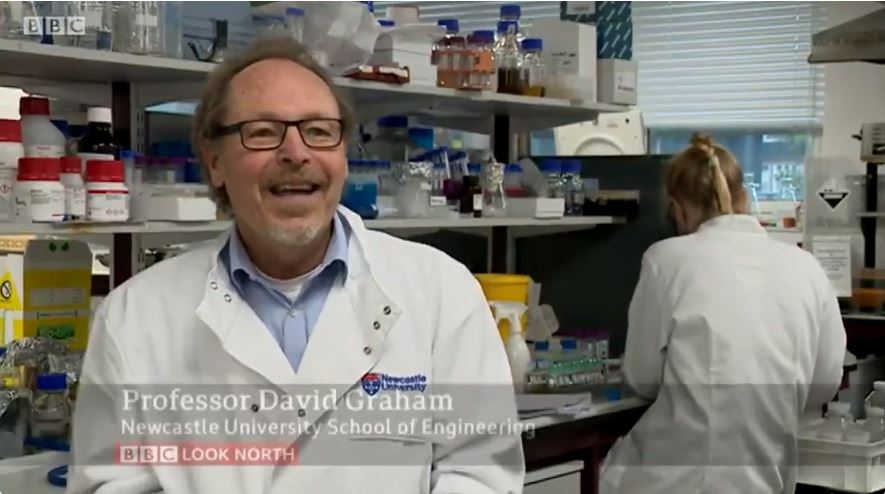Working under the pandemic has not been boring. Everyone in the group is working ridiculously hard, some people are leaving and new people are arriving, and we have gained a variety of exciting new projects, which is a remarkable success under such trying conditions. Unfortunately, Rui Xin returned home to China to finish her PhD, while Dr Vincenzo Padricello has joined Eχponent® to perform work closer to his PhD interests. However, Dr Pani Adamou recently returned to the group to work on our expanding wastewater-based epidemiology (WBE) and NERC UK-India projects.
Relative to WBE, we were just awarded a research project by the Joint Biosecurity Centre called “Wastewater-based epidemiology for Her Majesty’s Correctional Service,” which will assess the value of WBE as an early warning of health conditions in contained facilities. The novelty with this work is that we are expanding wastewater analysis to include enteric bacterial pathogens, virus beyond SARS-CoV-2, AMR, and microbiomes. The work aims to assess the amenability of other infectious disease markers to WBE approaches.
We also were recently awarded a new project by the Rising Tide Foundation called “Identifying Best Practice for Empowerment Through Entrepreneurial Freedom: A project for the marginalised in slum areas in Delhi, India.” This is an exciting multidisciplinary project led by Prof Pauline Dixon, studying social and technical approaches to improve the quality of life in several slum types in India. Dr Myra Giesen will move to this project on 1 April 2021 when it starts, and Dr Kelly Jobling will move part-time to the project later in the year when demands from her WBE work declines.
Beyond the above work, we now have two Civil Engineering MEng students, Savannah Lawrence and Matt Day, performing their dissertation work on WBE data from DEFRA and JBC, while Katie Robins, PhD student, has just taken a part-time internship at DEFRA to work with their Senior Epidemiologist on merging environmental and human health data to enhance in health surveillance. Finally, we were just awarded a WIRe CDT PhD studentship, which will study “The future of wastewater-based epidemiology.” This is sponsored by the EPSRC, Northumbrian Water, and Scottish Water, and David and Dr Vanessa Speight at the University of Sheffield will supervise the studentship. An announcement will be made soon seeking applications.
Although we are under lockdown, things are terribly busy here. I want to especially flag the heroic work by Marcos Quintela-Baluja and Kelly Jobling who are holding things together under these strange times.


